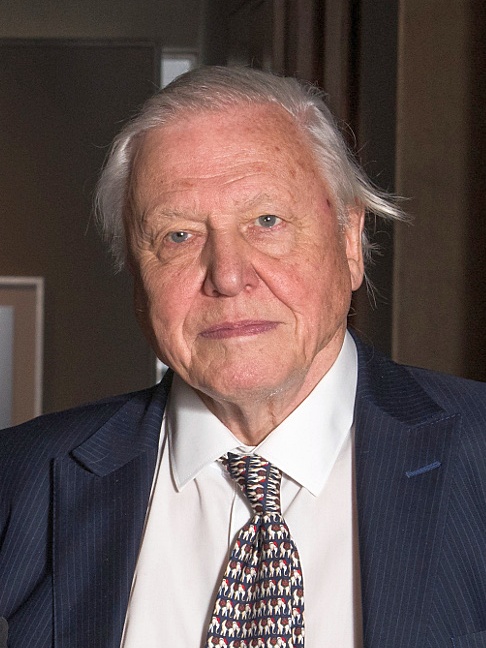The Pension Protection Fund (PPF) has warned that its reserves, which have been "incredibly important" to the lifeboat over the past year, could be "wiped out almost immediately" if there are significant insolvency claims in the new year.
Speaking with Lane Clark and Peacock (LCP) partner, Steve Webb, PPF CEO, Oliver Morley, highlighted concerns over the potential impact of larger schemes entering the PPF, after its latest annual report revealed a fall of £1bn in its reserves.
Morley stated: “To some extent markets have recovered since then, but for me, it only takes two or three very significant claims on us to erode that almost entirely, and we have to be prepared for significant claims on the PPF, that’s why we’re there.
“Without a doubt it’s the large schemes that cause us more issues when it comes to obviously the scale of absorbing them into the PPF, but also the impact on our claims and our liabilities at that point.
"A large number of small scales is difficult to deal with from an administrative point of view, but they are not inherently the problem, the problem will be large large schemes coming to us with significant deficits.
“We are very concerned around what the new year will bring in terms of insolvency, I’d say that is probably our biggest concern at the moment."
He clarified however, that managing risk is “part of the PPF culture”, emphasising that whilst it has been "relatively tough recently", the lifeboat is still "in a good place" with the tools and capabilities to put future protections in place.
In addition to this, Morley also highlighted a number of levers that the PPF can utilise to support funding, such as raising the levy.
However, Webb noted that the current consultation on the levy for 2021-22 suggests a reduction, “at a time when everybody would assume that in years to come you're going to need a lot more money because of a lot more claims”.
Webb also noted that the despite this reduction, the consultation has warned that a 25 per cent increase, the maximum allowed, could be needed next year.
Morley explained that there are a number of reasons for this, stating that the PPF keen to delay the triangular multi-year approach on setting the levy, which would have been this year, whilst also holding the right to increase the levy in future.
Furthermore, he emphasised that the levy is retrospective, and so is reflecting on a reduced level of risk based on last year.
He continued: “Retrospectively, we do want to make sure we are reflecting the good work that people had made to reduce that risk in the past year before Covid-19.
"So, although it may be somewhat counter intuitive we think it is right to make sure that we are in a position to support people for the year to come, with the understanding that if things do get really tough we may well have to increase in the future."
He added that although the reduction in costs for levy payers may be short-lived, it will likely be gratefully received in "a really difficult time".
Morley also acknowledged that whilst the reserve is “absolutely critical”, there is a fine balance needed to ensure that levy-payers are not overpaying, highlighting the latest consultation as evidence of this measured approach.
He stated: “Being able to balance the levy in a way that means we can balance those questions of reserves and overall investment performance against levy is really critical, but it is a fine balance and it’s certainly not one that I want to pre-empt.
"I would say, in contrast, what people should do is feel confident that the way the PPF has been set up, the way the board and investment committee and other bits of it are focused on is we are able to make those balancing decisions between those various parts of the money that comes in and against member liabilities,.
"So we will be able to make those decisions in a way that certainly is right for the balance of demands on all those stakeholders."
Morley also clarified that whilst the PPF annual report highlighted 2030 as the goal for self-sufficiency, this won’t mean that the levy is no longer needed.
"I’m afraid it doesn’t mean the levy will go," he continued, "having said that, obviously we would hope that the demand for the levy does decline over time, particularly as the universe itself becomes more stable.”
Latest News
-
Govt urged to prioritise pension policy stability in Spring Statement
-
Just Group underlying operating profit falls by 39%
-
Employers warned modest pension defaults risk worsening adequacy gap
-
Aegon updates modelling tool to help members benchmark retirement needs
-
News in brief - 27 February 2026
-
PPF levy to remain at zero for 2026/27
Private markets – a growing presence within UK DC
Laura Blows discusses the role of private market investment within DC schemes with Aviva Director of Investments, Maiyuresh Rajah
The DB pension landscape
Pensions Age speaks to BlackRock managing director and head of its DB relationship management team, Andrew Reid, about the DB pensions landscape
Podcast: From pension pot to flexible income for life

Podcast: Who matters most in pensions?

In the latest Pensions Age podcast, Francesca Fabrizi speaks to Capita Pension Solutions global practice leader & chief revenue officer, Stuart Heatley, about who matters most in pensions and how to best meet their needs
© 2019 Perspective Publishing Privacy & Cookies










Recent Stories